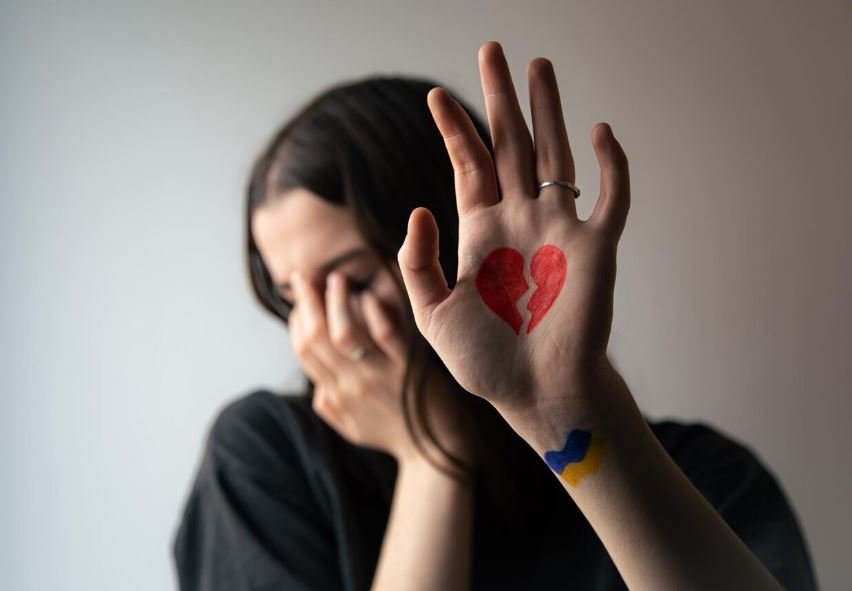
An extremely disturbing post was made to Boston College’s unofficial Facebook confessions page at the beginning of October 2013. It was number 7122 and seemed to be a detailed, uninvited confession of three alleged cases of sexual assault on campus against women who were unconscious or intoxicated. The message’s tone was unsettlingly informal and occasionally smugly self-satisfied. It sparked a response that would reverberate throughout the student body in a matter of hours.
The anonymous student caused great unease by detailing the acts in remarkable detail, including the victims’ drunken states, the deceptive body repositioning, and the poster’s perverted internal monologue. He wrote, “I chuckled to myself when she thanked me for being a gentleman.” Specifically, that line evoked strong emotional reactions. Many found the alleged “hoax” to be far from fictional because it echoed real experiences that were all too painfully familiar.
Incident Summary Table
| Category | Details |
|---|---|
| Platform | Boston College Confessions (Facebook page) |
| Post ID | #7122 |
| Incident Date | October 1–2, 2013 |
| Claimed Content | Three detailed accounts of sexual assault by anonymous poster |
| Public Reaction | Campus-wide outrage, event organized to address sexual assault culture |
| Police Involvement | Poster turned himself in; later claimed post was a hoax |
| University Action | Student referred to Boston College Conduct System |
| Status of Post | Removed by page administrators |
| Related Campus Action | Panel discussion organized; included BCPD and student organizations |
| Official Resources Shared | SANet hotline (617-552-2211), www.bc.edu/sar for sexual assault support |
The Facebook page’s moderators worked together swiftly and accomplished something incredibly successful: they notified the Boston College Police Department in three hours. Their promptness demonstrated a very acute awareness of how serious the situation was. The person who created the post had turned himself in by Wednesday morning, acknowledging that it was all a hoax. Even after this admission, the shock persisted. The harm was already done to many on campus.
Students organized a forum titled “A Response to Boston College Confession #7122” in response. The event, which was scheduled for that same evening in Cushing 001, featured speakers from the BCPD, peer educators, and the Bystander Intervention Program. The incident wasn’t just a reaction. It was intentionally created to transform public indignation into fruitful discussion. Chelsea Lennox and other organizers stressed the importance of education over silence. She stated firmly that “the fear it caused was very real, even if it was a hoax.”
With careful preparation, the forum evolved into a venue for discussing long-standing concerns regarding prevention and consent in addition to expressing frustration. The post was given more weight because it was published at a time when colleges all over the United States were reevaluating the way they handled cases of sexual violence. Students at Boston College discovered that they were a part of a larger movement for accountability, reform, and cultural change by embracing these national conversations.
Recognizing that many students didn’t think it was a prank is crucial. “No one could think that up and not have done it,” senior Leah Cosgrove said bluntly. For fun, who would sit there and type that out? Her viewpoint wasn’t the only one. Because it reflected real, terrifying situations that survivors encounter, the post felt authentic in addition to being well-written. The alleged hoax felt less like an invention in that setting and more like a troubling reflection of reality.
Anonymous digital platforms have become more prevalent on campuses over the last ten years, providing a platform for students to confess romantic failures or vent about personal struggles. But as this incident has shown, these platforms are also very unstable. They have the power to spread damaging narratives that would otherwise stay contained by providing anonymity without accountability. Additionally, it makes it more difficult for survivors to get their voices heard when abuse passes as fiction.
Paul Chebator, the dean of students, handled the matter in a suitably somber manner. He sent out two emails to the entire university, one stating that the post was under investigation and the other detailing the next steps in the disciplinary process. Additionally, he provided campus resources, such as the university’s online sexual assault support center and the round-the-clock SANet hotline. Regardless of the post’s veracity, his email reaffirmed that Boston College “takes very seriously all allegations of sexual assault” and sought to reassure students that there were effective support networks in place.
The Boston College case is a potent reminder of the ongoing efforts by public figures such as Ronan Farrow and Gabrielle Union to expose systemic failures and rape culture. Change can even be sparked by false confessions. They expose underlying anxieties, societal trauma, and the pressing need for institutions to actively fight against not only violent crimes but also the normalization of stories that downplay or justify them.
Additionally, this incident reflects national legal discussions. After being wrongfully accused, a former student in a 2019 case covered by Inside Higher Ed received over $100,000 in damages. It’s difficult to strike a balance between trusting survivors and guarding against false claims, but events like Boston College’s serve as a reminder that neither side should be discounted. Both the lived trauma of actual assaults and the emotional toll of false accusations are severe and merit a respectful procedure.
Students at Boston College showed something very novel by using this post as a launching pad rather than a destination: the capacity to transform a frightening experience into a source of knowledge and empowerment. Their prompt action, which included calling for open communication, holding people accountable, and promoting transparency, became a model for dealing with trauma, even if it was accompanied by dishonesty.
The campus produced something that went far beyond a single Facebook post thanks to proactive leadership and candid discussion. It started a chain of discussions, regulations, and support systems that were significantly enhanced later on. Even though the student who shared Confession #7122 might have meant it as a “joke,” the repercussions were unquestionably real and ultimately had a significant impact.

